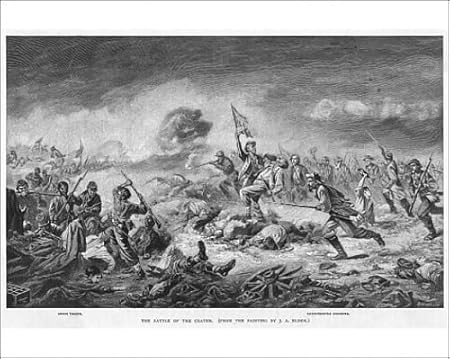"After twelve years in the major leagues, I do not feel that I am a piece of property to be bought and sold irrespective of my wishes," stated Curt Flood in a letter to Major League Baseball Commissioner Bowie Kuhn, challenging the "reserve clause," a rule that essentially made players slaves to their current teams by barring them from changing teams for more money or better working conditions. Flood's challenge, which ended with a 5-3 Supreme Court ruling against his claim, would ultimately lead to "free agency" for pro ballplayers after the expiration of their initial contracts and dramatically higher salaries.

This book is a scholarly examination of the public discourse that followed Curt Flood's case and what it meant to race relations at the time, and what it means today. It highlights how blacks were excluded from the discussion because of their blackness and how Flood's activism may have put an end to "athletic activism" for professional athletes in general.
Because he forged the path to free agency (which he never personally benefitted from), "Flood helped to manufacture the false dreams that reproduce inequity and despair, and Flood helped cultivate the financial climate that robs our athletes of their incentive to speak with courage," observes Abraham Iqbal Khan, an assistant professor of communication and Africana studies at the University of South Florida.
Baseball, Race, and the Demise of the Activist Athlete
by Abraham Iqbal Khan
University Press of Mississippi, 2012
More about this title on
The Roster
 A guidebook for a general audience, The Guide to Colorado Mammals describes 128 species of mammals native to Colorado.
A guidebook for a general audience, The Guide to Colorado Mammals describes 128 species of mammals native to Colorado.








